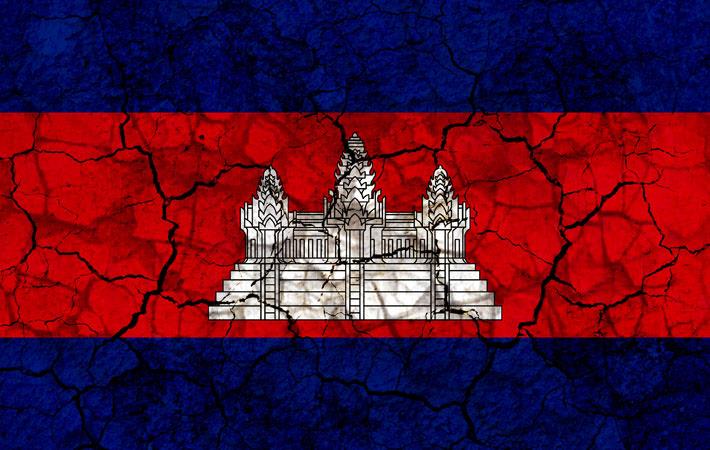Cambodia's economic growth is expected to slow down in 2020 if the European Union (EU) withdraws the Everything but Arm (EBA) trade scheme, the International Monetary Fund (IMF) said recently. Its economy is projected to grow by 6.8 per cent next year, slightly lower than 7 per cent this year, driven by continued export growth and strong construction activity, it said.
"Cambodia's economic outlook is subject to significant downside risks," IMF said in a press release. "The on-going EBA review by the EU, Cambodia's primary export partner, could lead to a suspension of preferential trade access later next year, which could have a large negative impact on economic activity."Cambodia's economic growth is expected to slow down in 2020 if the European Union withdraws the Everything but Arm trade scheme, the International Monetary Fund (IMF) said recently. Its economy is projected to grow by 6.8 per cent next year, slightly lower than 7 per cent this year, driven by continued export growth and strong construction activity.#
The EU started in February an 18-month process that could lead to the temporary suspension of Cambodia's duty-free trading access to the EU market under the EBA scheme due to concerns over human rights and labour rights. A final decision on whether to withdraw the trade privilege from Cambodia or not will be made in February next year.
The country's export to EU was valued at $5.86 billion in 2018, about 95 per cent of which entered the EU duty-free taking advantage of EBA preferences, EU data showed. Garment and footwear products accounted for around three quarters of EU imports from the country.
The garment and footwear industry is Cambodia's biggest export sector, employing about 750,000 people in some 1,100 factories.
If stripped, tariffs on garment, footwear, and bicycle products to the EU market will increase by 12 per cent, 16 per cent and 10 per cent respectively, according to a recent World Bank report.
Fibre2Fashion News Desk (DS)
